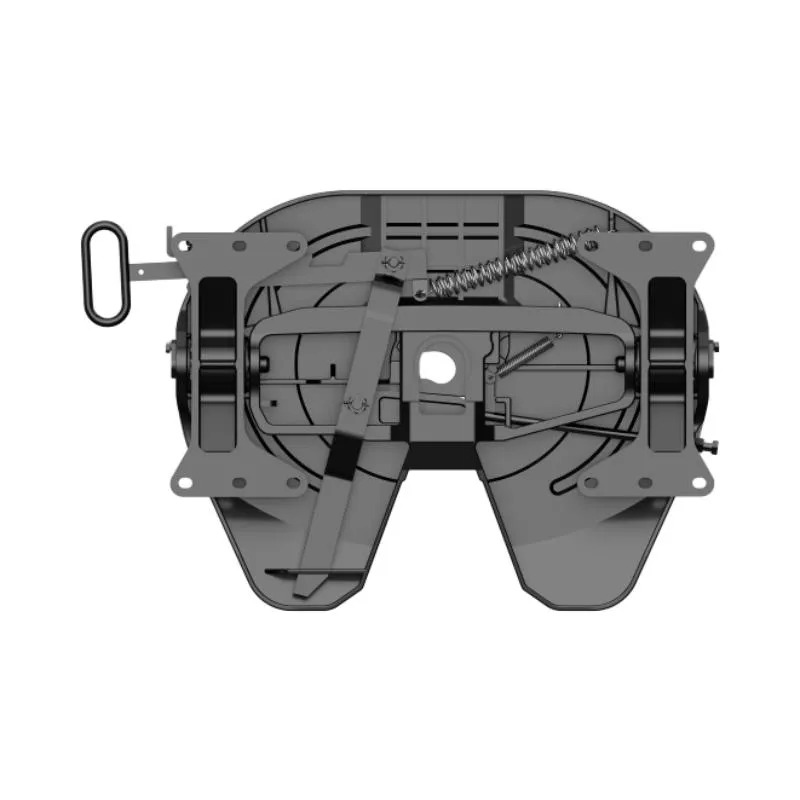Oct . 22, 2024 05:53 Back to list
IATF Certificate Validity for Manufacturers and Its Importance in Quality Assurance
Understanding IATF Certificate Validity for Manufacturers
The International Automotive Task Force (IATF) is a global organization that aims to improve the industry quality standards within the automotive sector. The IATF 16949 standard is crucial for organizations that manufacture automotive products, addressing the specific needs of automotive manufacturers and their suppliers. An essential aspect of this certification is its validity, as it directly impacts a manufacturer's reputation, operational efficiency, and market competitiveness.
Importance of IATF Certification
For manufacturers, obtaining IATF certification is not merely a formality; it symbolizes a commitment to quality management practices that meet customer and regulatory requirements. The certification provides a framework for continual improvement, defect prevention, and the reduction of variation and waste in the supply chain. It signifies that a manufacturer adheres to stringent standards, which can enhance customer confidence and open doors to new business opportunities.
Validity Duration and Renewal Process
IATF certificates are typically valid for three years. However, the journey does not end upon receiving certification. To maintain their certification status, manufacturers must undergo regular surveillance audits. These audits occur at least once a year and serve to ensure compliance with the IATF standards over the certification period. The certification can be revoked if a manufacturer fails to comply with the established criteria during these audits.
As the expiration date approaches, manufacturers need to initiate a recertification process, which involves a more comprehensive audit than the surveillance audits. This audit is aimed at verifying that the manufacturer continues to meet the IATF 16949 requirements and has maintained improvements in their quality management systems. A proactive approach in preparing for this audit is crucial as any lapses or deficiencies can result in delays or loss of certification.
Impact of Non-Compliance
Non-compliance with IATF standards can have significant ramifications. Manufacturers may face the loss of business, especially if they supply to major automotive companies that prioritize certified suppliers. Additionally, the financial implications of non-compliance can be severe, resulting in wasted resources and potential legal liabilities.
Moreover, the reputation of a manufacturer can suffer due to non-compliance. In the interconnected world of global supply chains, negative perceptions can spread quickly, impacting relationships with clients and partners. Thus, manufacturers must prioritize maintaining their IATF certification through regular training, internal audits, and ongoing improvements.
iatf certificate validity manufacturers

Strategies for Maintaining Certification
To effectively maintain IATF certification, manufacturers should consider the following strategies
1. Continuous Training Regular training for employees on IATF standards and quality management principles is essential for fostering a culture of quality within the organization.
2. Regular Internal Audits Conducting internal audits helps identify potential gaps in compliance and allows manufacturers to address issues before they are flagged in external assessments.
3. Management Review Ensuring that top management is involved in quality management processes reinforces the importance of compliance across the organization.
4. Engaging with Certification Bodies Developing a strong relationship with the certification body can provide insights into best practices and emerging trends related to IATF compliance.
5. Documentation and Record Keeping Maintaining thorough documentation of processes, audits, and corrective actions taken is vital for demonstrating compliance during audits.
Conclusion
The validity of the IATF certification is crucial for manufacturers aiming to thrive in the competitive automotive industry. By understanding the significance of this certification, the process for maintaining it, and strategies for compliance, manufacturers can not only sustain their certification but also enhance their operational practices, foster customer trust, and ultimately ensure their long-term success in the marketplace. Maintaining IATF certification is a commitment to excellence, quality, and continuous improvement in manufacturing processes, which is essential in today’s automotive landscape.
-
Nuss Truck Sauk Rapids - High Quality, Best Deals & Discounts Available
NewsJul.08,2025
-
High Quality Kingpin Adalah – Best Kingpin Adalah for Trucks, Get Discount Kingpin Adalah Now!
NewsJul.08,2025
-
High Quality Fifth Wheel Bracket for Heavy Loads – Best Discount Deals Online
NewsJul.08,2025
-
High Quality Fifth Wheel Coupling System for Trucks Best Fifth Wheel Coupling System Online
NewsJul.07,2025
-
High Quality & Best Volvo Trucks in Kansas City Discount Volvo Trucks for Sale
NewsJul.07,2025
-
High Quality & Best Standard Height of Tractor Trailer – Discount Prices Available
NewsJul.07,2025
